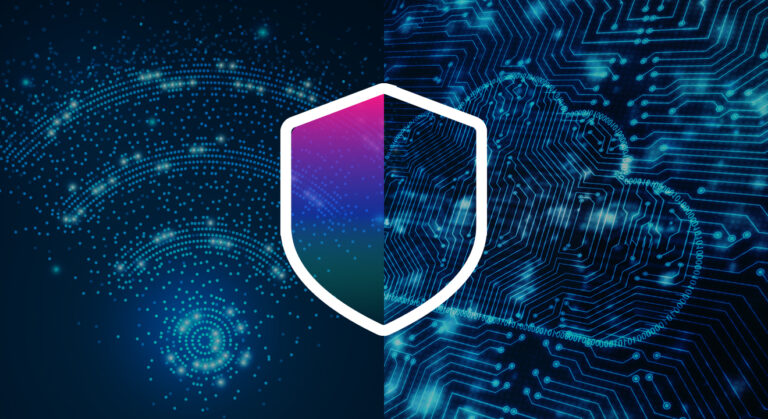3 things ISPs should consider when looking for a security provider
In today’s digital landscape, it’s clear that security is more than just a “nice to have” for ISPs.
As the digital landscape continues to grow and evolve, the internet has become a place for doing business as well as sharing various types of information. While this shift has been taking place, the internet has also grown into a bigger and more obvious target for people who aim to use it for criminal purposes.
Internet service providers (ISPs) play a unique role within the online world because they’re already responsible for securing a vast number of devices on their customers’ networks. On top of that, there’s the need to guard against security threats — it’s also the responsibility of ISPs to respond to these threats at the drop of a hat while ensuring that their customers aren’t affected in any way by security vulnerabilities exploited in the wild.
How do security threats affect ISPs and their customers?
- Business disruptions: Denial of service (DoS) and distributed denial of service (DDoS) attacks are two forms of cyber crime that can target both ISPs and their customers. When ISPs face DDoS attacks, cyber criminals attempt to spread attack traffic across a multitude of IP prefixes. On the customer side, these attacks can mean connectivity losses, which prevents business transactions. DoS and DDoS make it impossible for users to access their network as a result of hackers overloading the targeted server with too many requests for it to properly handle.
- Loss of sensitive data and personal information: In the same vein as DDoS attacks, domain name system (DNS) attacks are bad news for ISPs. DNS attacks happen when cyber criminals try to exploit vulnerabilities found in the domain name system (in other words, naming system used to identify computers, services, and additional internet-connected resources). Often, these attacks result in a loss of both sensitive customer data and finances.
- Compromised devices on the ISP network: Network-connected devices that become infected with malware or viruses can lead to unauthorized access, malicious reconfiguration, and data breaches.
With this being the case, it’s important to think through what can take an ISP’s service bundle up a notch for their customers. In the search to expand a service bundle, there’s one thing that we can say for sure: ISPs don’t need to compromise on security. They can partner with an experienced security provider in order to ensure that security is a vital part of their service offering.
————————————————————————————————
Further reading: Can ISPs benefit from the remote workplace transformation?
————————————————————————————————
Here are some things that ISPs should keep an eye on when looking for a reliable security provider to partner with:
- The ability to support existing customer deployments: Good security providers should be capable of supporting existing routers that were deployed to a customer as well as the devices that customers have connected or will connect in the future to their network.
- An extensible platform that can integrate into a provider’s existing systems and solutions: In practice, this could be an integration into current operator-focused provisioning, billing, and support systems. Valuable features to have in place include consumer and business-focused dashboards and apps that can be customized with operator branding or incorporated into existing apps.
- In-house security expertise: Security providers should readily provide reference points to security research that focuses on how vulnerabilities can impact a customer. At the same time, a responsible security provider will work together with a customer to educate them on how to avoid falling victim to security threats altogether.
Here’s what a good security provider should offer
First off, a reliable security provider should truly be capable of protecting their customers against sophisticated attack vectors. While certain vendors solely focus on tools including phishing and DNS filtering, SAM also takes care of more specific use cases that provide security against a variety of targeted threats.
What’s more, they should have efficient infrastructure in place in order to leverage more valuable services. Many of today’s network security solutions lack the ability to provide complete visibility and threat intelligence for IoT devices in both local and mobile networks. Fortunately, there are certain services, such as our Device Fingerprinting technology, that can effectively enhance user experience and reduce costs of customer care.
In today’s digital landscape, it’s clear that security is more than just a “nice to have” for ISPs. Utilizing the services of a security provider isn’t only a powerful tool for ISPs who are serious about protecting their customers – it also boosts the value of an ISP’s service bundle and allows them to stand out in the market.







